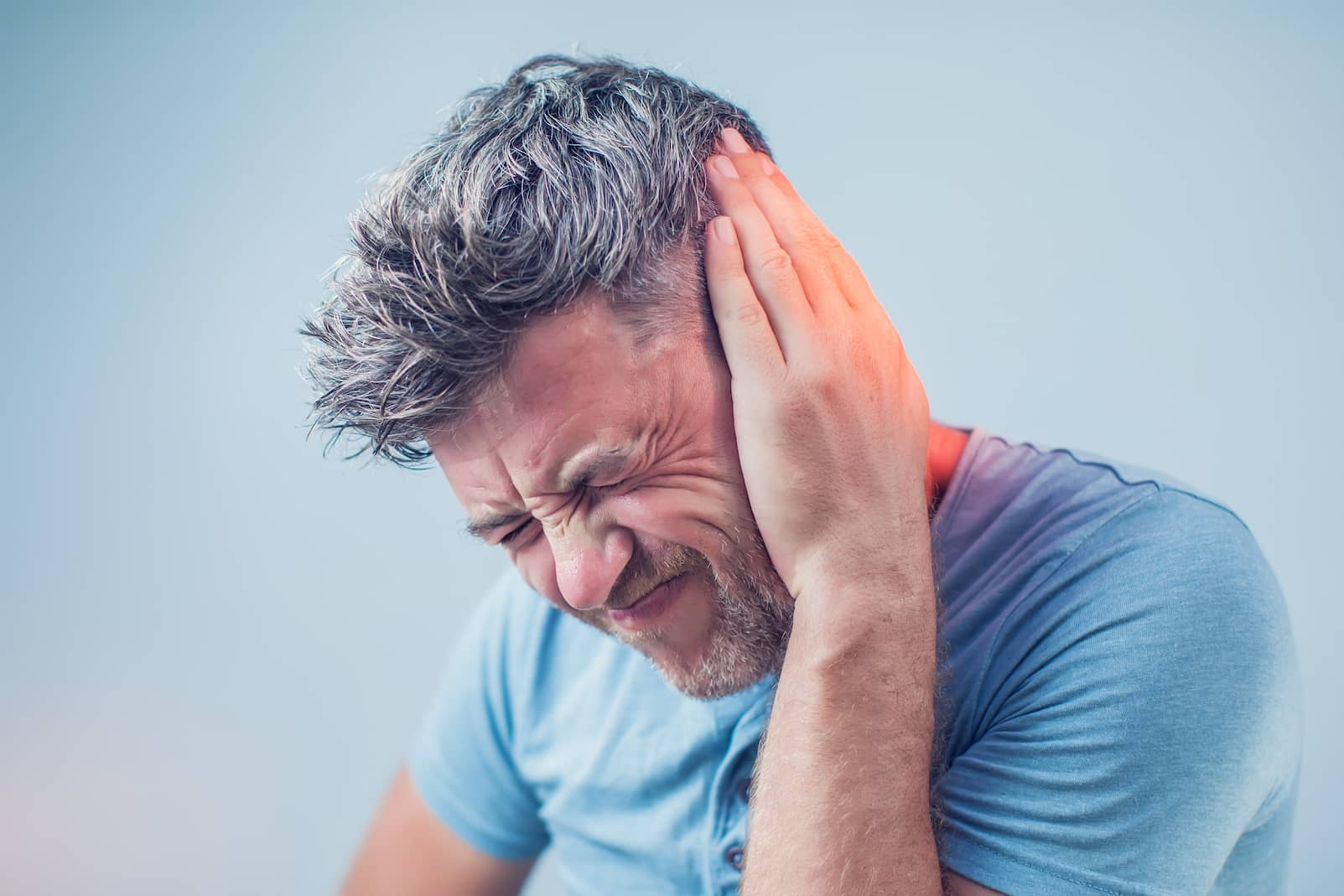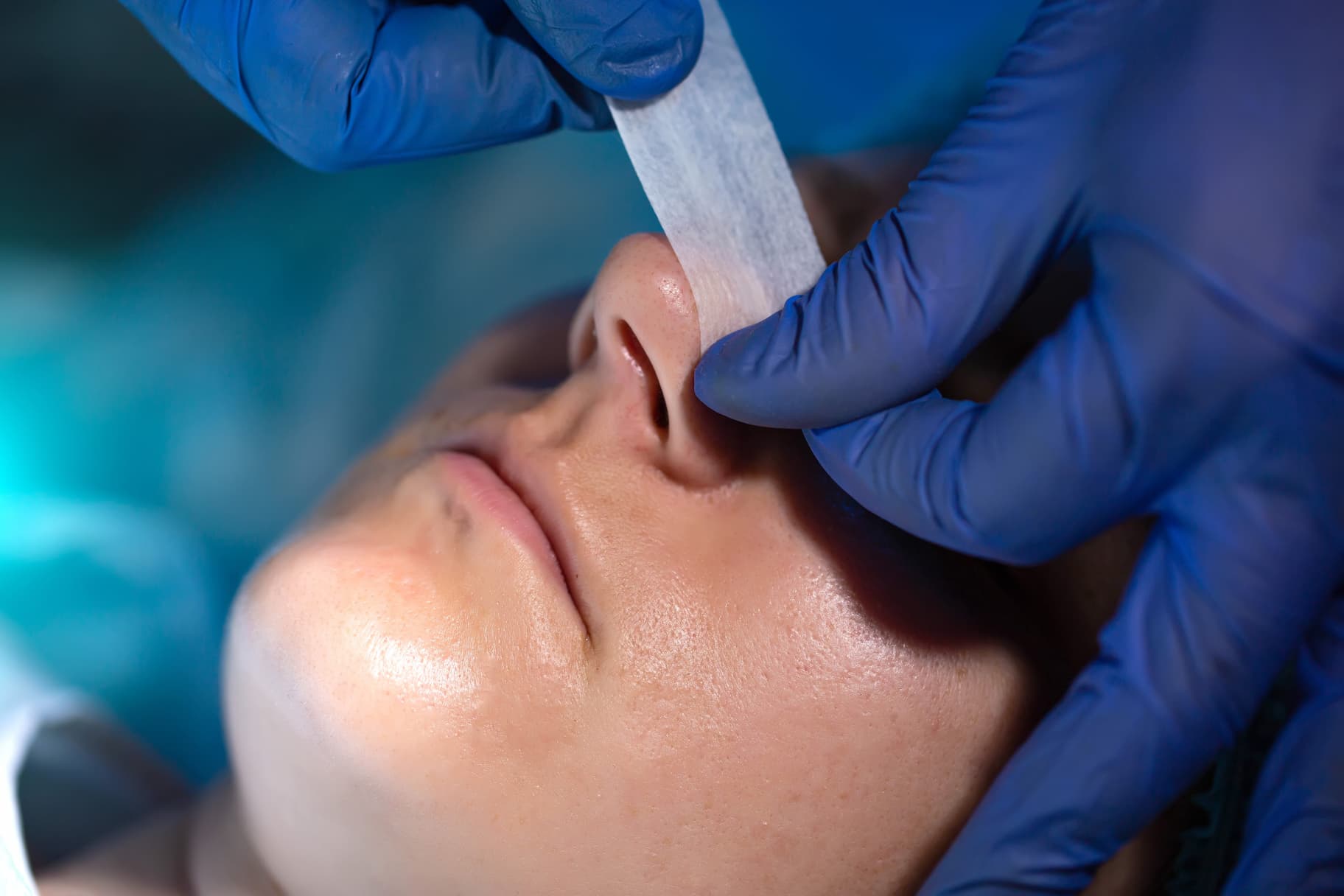
Treating Tinnitus
Tinnitus is a common condition that affects millions of people around the world. It is a condition that causes a person to hear sounds, such as ringing or buzzing, in their ears or head, without any external source. Tinnitus can be caused by a variety of factors, including exposure to loud noises, age-related hearing loss, ear infections, and certain medications. This condition can be very distressing, and it can interfere with a person’s quality of life, making it difficult to concentrate, sleep, or even enjoy everyday activities.
Fortunately, there are various treatment options available that can help alleviate tinnitus symptoms and improve a person’s quality of life. In this article, we will explore the ultimate guide to treating tinnitus, providing expert tips and insights to help you manage your symptoms effectively. We will discuss the various causes of tinnitus and the medical and non-medical treatment options available, as well as tips for preventing tinnitus from occurring in the first place. Whether you’re experiencing tinnitus for the first time or have been struggling with it for years, this guide will provide you with the information you need to effectively manage your symptoms and improve your quality of life.
What is Tinnitus?
Tinnitus is a condition where you experience ringing or buzzing sounds in your ears or head that don’t come from an external source. It is a common problem that affects about 15% to 20% of the population, and it can be caused by a variety of factors, including exposure to loud noises, ear infections, age-related hearing loss, and certain medications.
Tinnitus can be very distressing and can significantly affect your quality of life. It can interfere with your sleep, your ability to concentrate, and your ability to enjoy everyday activities. Fortunately, there are various treatment options available that can help you manage your tinnitus and improve your quality of life.
Causes of Tinnitus
To effectively treat tinnitus, it’s important to understand its underlying causes. In many cases, tinnitus is a symptom of an underlying condition, such as hearing loss, an ear infection, or a head injury. Identifying and addressing the underlying cause can help alleviate tinnitus symptoms.
In other cases, tinnitus may be caused by exposure to loud noises, such as listening to music at a high volume or working in a noisy environment. In these cases, reducing your exposure to loud noises can help prevent further damage and reduce tinnitus symptoms.
Certain medications, such as aspirin and certain antibiotics, can also cause tinnitus. If you suspect that your tinnitus is related to a medication you’re taking, talk to your ENT doctor about adjusting your dosage or switching to a different medication.
Treating Tinnitus: Medical Options
If you’re experiencing tinnitus, it’s important to see a doctor to rule out any underlying medical conditions that may be causing your symptoms. Your doctor may also recommend one or more of the following treatments:
Medications: Certain medications, such as antidepressants and anti-anxiety drugs, can help alleviate tinnitus symptoms. However, these medications may cause side effects and are not suitable for everyone.
Hearing aids: If your tinnitus is caused by hearing loss, wearing a hearing aid can help improve your hearing and reduce tinnitus symptoms.
Masking devices: Masking devices are small electronic devices that produce a low-level noise that can help mask the sound of tinnitus. These devices are worn in the ear like a hearing aid and can be particularly effective at night when tinnitus symptoms are often the most bothersome.
Cognitive behavioral therapy (CBT): CBT is a form of talk therapy that can help you learn coping strategies for managing tinnitus-related anxiety and stress.
Non-Medical Treatment Options for Tinnitus
In addition to medical treatment options, there are several non-medical treatment options that can help alleviate tinnitus symptoms:
Sound therapy: Sound therapy involves listening to low-level noise, such as white noise or nature sounds, to help mask the sound of tinnitus. Sound therapy can be delivered through a variety of devices, including sound machines and smartphone apps.
Relaxation techniques: Relaxation techniques, such as deep breathing and meditation, can help reduce stress and anxiety, which can exacerbate tinnitus symptoms.
Acupuncture: Some people find that acupuncture, a traditional Chinese medicine practice that involves inserting thin needles into specific points on the body, can help reduce tinnitus symptoms.
Dietary changes: Some people find that certain dietary changes, such as reducing caffeine intake and avoiding alcohol, can help reduce tinnitus symptoms.
Preventing Tinnitus
While tinnitus can be treated, it’s often better to prevent it from occurring in the first place. Here are some tips for preventing tinnitus:
Protect your ears: Wear earplugs or earmuffs when you’re exposed to loud noises, such as at concerts or when using power tools.
Limit exposure to loud noises: If you’re going to be exposed to loud noises for an extended period of time, take breaks to give your ears a rest. Turn down the volume on your headphones or stereo, and avoid standing near speakers at concerts.
Manage stress: Stress can exacerbate tinnitus symptoms, so it’s important to manage stress through relaxation techniques, exercise, and other stress-reduction methods.
Get regular hearing tests: Regular hearing tests can help identify hearing loss early on and allow you to take steps to prevent further damage.
Does Tinnitus Affect the Brain?
Tinnitus is a condition that affects the auditory system and causes a person to hear sounds, such as ringing or buzzing, in their ears or head. While tinnitus is generally considered to be a problem with the ears, research has shown that it may also affect the brain. In fact, many people with tinnitus report experiencing cognitive difficulties, such as problems with memory, attention, and concentration.
Recent studies have shown that tinnitus can cause changes in the brain, including alterations in the structure and function of certain areas of the brain that are involved in auditory processing. These changes can lead to a range of cognitive problems, including difficulties with attention, working memory, and executive function. Additionally, tinnitus has been shown to cause changes in the emotional centers of the brain, which can contribute to anxiety, depression, and other emotional problems. Overall, while tinnitus is primarily a problem with the ears, it can also have significant effects on the brain, making it important to understand the full extent of this condition and its impact on the body.
The Study of Treating Tinnitus
A recent study published in the Journal of Audiology and Hearing Research conducted a comprehensive analysis of tinnitus treatment methods. The study found that sound therapy, in the form of white noise or nature sounds, was particularly effective in reducing the perception of tinnitus in a significant number of participants. This research underscores the importance of sound therapy as a non-medical treatment option for tinnitus, as mentioned in this article. It’s essential to explore and implement evidence-based treatments to manage tinnitus effectively.
Healthy Türkiye Notes
Tinnitus can be a distressing condition, but there are various treatment options available that can help alleviate symptoms and improve your quality of life. If you’re experiencing tinnitus, it’s important to see a doctor to rule out any underlying medical conditions and explore treatment options that are best suited for you. By taking steps to prevent tinnitus and managing your symptoms, you can reduce the impact that tinnitus has on your life and continue to enjoy the activities you love.




